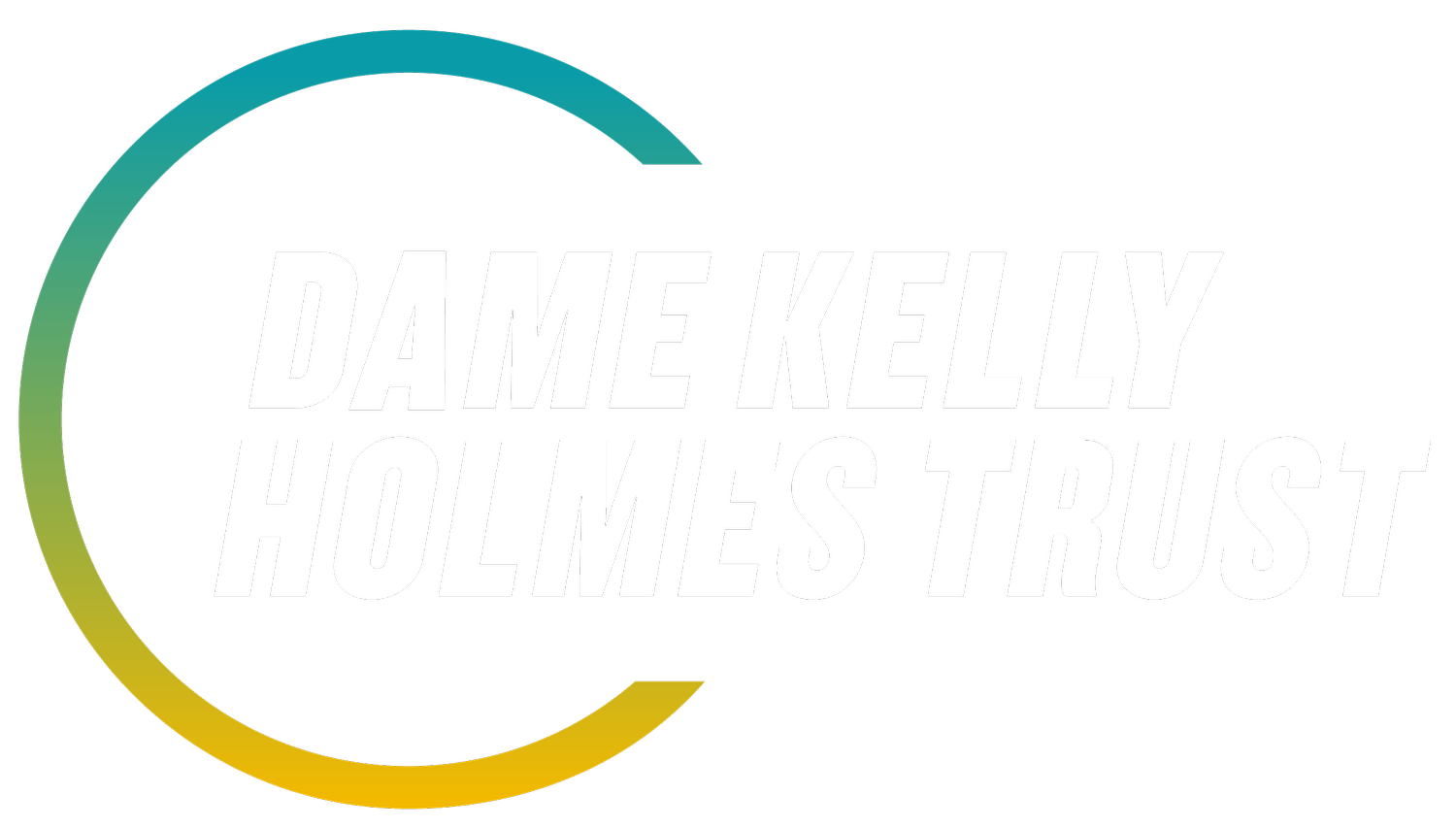yona - knight-wisdom
diving
What was your sport and how did you get into it?
My sport is diving, 3m springboard to be specific. I started diving in 2004 after being selected from a talent identification programme run by the City of Leeds Diving Club. I had done about four years of gymnastics beforehand so I had a great foundation for the demands of diving, and I loved it so much as soon as I started, that a few months later I dropped gymnastics and committed my time to diving.
Tell us about the highlights of your sporting career?
My best highlight has to be when I qualified for my first Olympics in 2016. I competed at the Diving World Cup, which was also held at the Rio Olympic pool, needing to finish within the top 18 to guarantee my Olympic spot which I achieved by only six points. That was one of the most incredible and emotional moments of my life. The following day I went on to progress to my first ever World level final, and then put in a near perfect performance to win a silver medal, the first ever international diving medal for Jamaica. Those two days still feel a bit like a dream.
What were some of the challenges you experienced and how did you overcome them?
Probably the biggest challenge of my career was related to a major growth spurt. Divers are generally petite, so to grow to over six foot tall was a huge disadvantage for my diving, and on top of that I struggled with Osgood-Schlatters disease in my knees for more than 18 months. I was just about able to manage the injury while continuing to train, and by focusing on technique I turned my height disadvantage into a strength and power advantage meaning I could still mix it with some of the best divers in the world.
What have been your highlights while working at the Trust?
Going into a high school in Edinburgh and helping a group of young people find the confidence to deliver two successful social action projects for their peers, one of which raised almost £100 for charity. The progression of the individuals from the first session to the last was truly amazing to see and I was so proud that I had a part to play in that.
What do you do now alongside working for the Trust?
Most of my time is taken up by my diving training as I chase my third Olympics in Paris 2024. As I write this I am actually going through rehabilitation from a serious knee injury, so I am currently focused on getting back to the level that I desire. Otherwise, I’m working on a PGCert in International Sports Management with the University of London and I’m also working on the initial phases of the research for a business plan which I hope to be able to launch either in advance of or soon after Paris 2024. I’m also looking for more speaking and coaching opportunities after completing my ILM Coaching and Mentoring qualification.
What’s the best piece of advice you were given and why?
The best piece of advice I’ve been given was from my old coach, Edwin, who was the one running the talent identification programme that discovered me and 12 years later helped me qualify for my first Olympics. As we were preparing for that 2016 season he told me “we want to make sure that we can look back at our decisions and have no regrets, no matter what the outcome is”. Fortunately the outcome was positive, but I can honestly say if it went the other way I would’ve had no regrets. I did everything as well as I could’ve, I made good choices, and I put my diving first at all times. I have continued with that attitude ever since in and out of diving. When I have a decision to make I always first consider the consequences and the opportunities and make sure I don’t regret anything I do or don’t do. Life advice I would give to a young person is to always find the positives in every situation, and good fortune will eventually come your way.
What experience do you have of working with corporate organisations?
I have recently coached three individuals who work in corporate organisations, and I’ve realised that the principles I have developed to manage the demands my own sporting career are very transferrable to managing the demands of their careers.
What does Being Me mean to you?
For me, Being Me is putting myself and my happiness first at all times. That may sound selfish, but I believe that to be able to help others you first have to help yourself, if you aren’t happy within yourself then it is difficult to give positivity to others. The best version of me comes out when I am content with the state of my life, so by Being Me I feel that I can give so much more.
Competitive
Record
2022
Futures Cup Gold medal
Commonwealth Games Birmingham, 1m springboard - 5th
Commonwealth Games Birmingham, 3m springboard - 6th
FINA Grand Prix silver medal - Calgary(3m)
2021
Olympic Games, Tokyo - 15th
2020
FINA Grand Prix silver medal - Madrid (3m)
British Diving Championships, Silver 1 metre board
2019
Pan American Games,1 metre board - Silver
British Diving Championships, 3 metre board - Gold
2018
British Diving Championships, 1 metre board - Gold
Commonwealth Games, 1 metre board - 4th
2016
Olympic Games, 3 metre board - 14th
